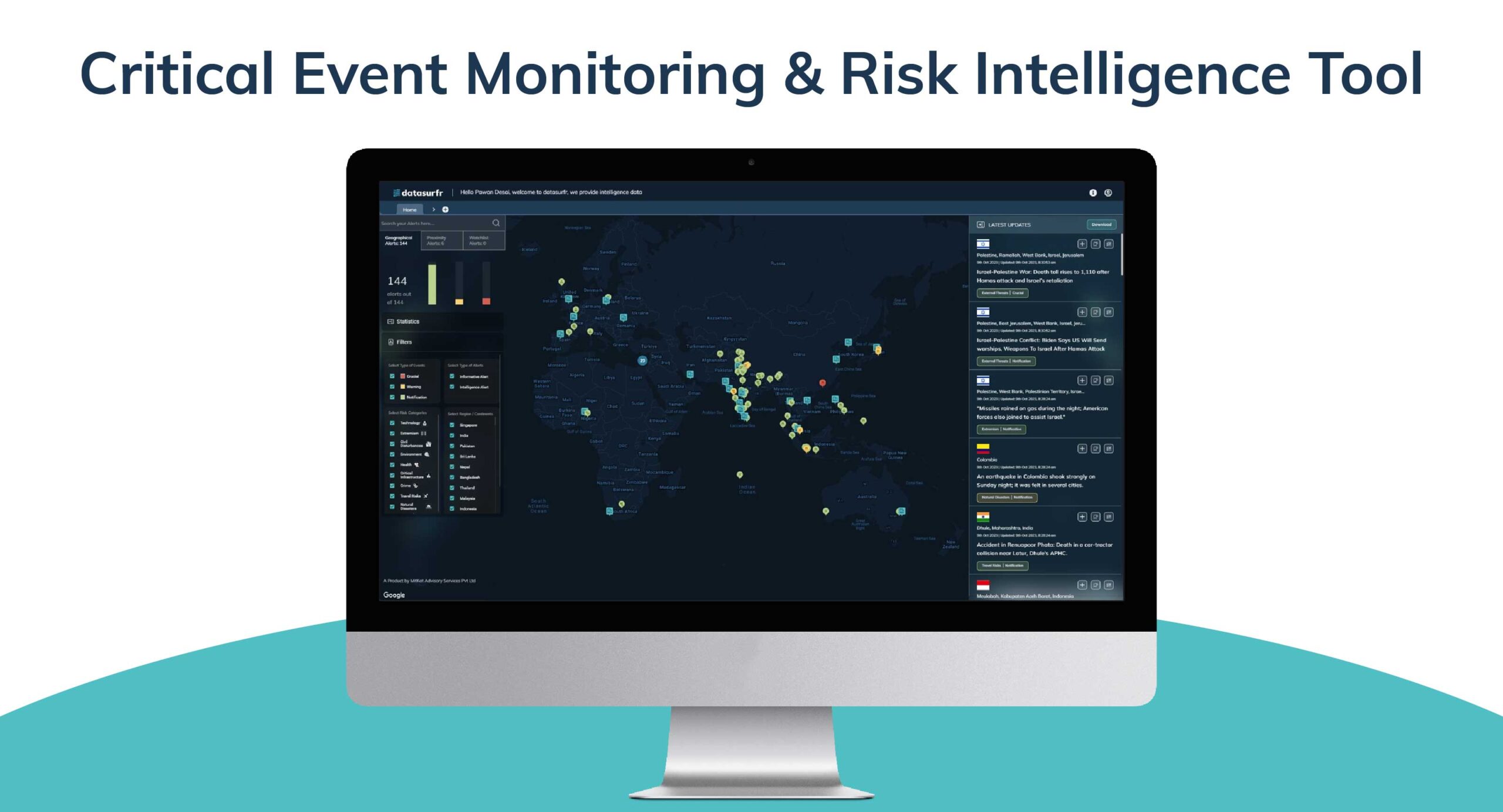Locations affected: Africa
What:
The Africa Centres for Disease Control and Prevention (Africa CDC) declared its first-ever public health emergency on 13 August due to the increasing mpox cases on the continent. The outbreak began with the spread of an endemic strain, clade 1. Another new variant, clade 1b, was discovered, which spreads more easily through routine close contact. These strains have spread to at least six African countries, particularly the Democratic Republic of Congo (DRC). The declaration of a health emergency is a call to action for proactive efforts to contain and eliminate the spread of the infection.
Why:
The mpox virus is transmitted through close contact. The infection causes rashes, flu-like symptoms, and pus-filled lesions. Most cases are mild, but it can be fatal. Children, pregnant women, and people with suppressed immune systems are at higher risk.
In 2022, the World Health Organization (WHO) declared a Public Health Emergency of International Concern (PHEIC), its highest alert, after clade 2, a milder version of the mpox virus, spread to more than 100 countries, largely through sexual contact. WHO ended the emergency after ten months, stating that the health crisis was under control.
So What:
- The infection has affected 15,000 people and caused more than 500 deaths in the DRC in 2024. Burundi, Kenya, Rwanda, and Uganda have reported mpox infections for the first time. The death rate for the clade 1 strain is higher than that of the clade 2 strain.
- The emergency declaration aims to prompt countries in the region to share timely information on the spread of mpox with the Africa CDC and to increase the flow of medical supplies and aid to affected areas.
- Around 200,000 doses of vaccines are scheduled to be distributed in the most severely affected countries within the next two weeks. The Africa CDC estimates that 10 million vaccines are needed to stop the outbreak.
- On 13 August, the WHO stated that the emergency committee would discuss the spread of the new variant on 14 August and decide if a Public Health Emergency of International Concern (PHEIC) should be declared.
Outlook:
The mpox outbreak in Africa is a growing concern with the potential for a larger spread. The declaration of a health emergency is expected to prompt increased measures to combat the virus. Heightened surveillance and vaccine administration are essential preventive strategies. However, limited vaccine supply, funding, and competing disease outbreaks could hinder efforts to effectively curb the outbreak in Africa. Travel restrictions may also be expected, leading to potential disruptions in supply chains, among other impacts. Organizations are advised to remain updated on the situation and adhere to health advisories issued.






